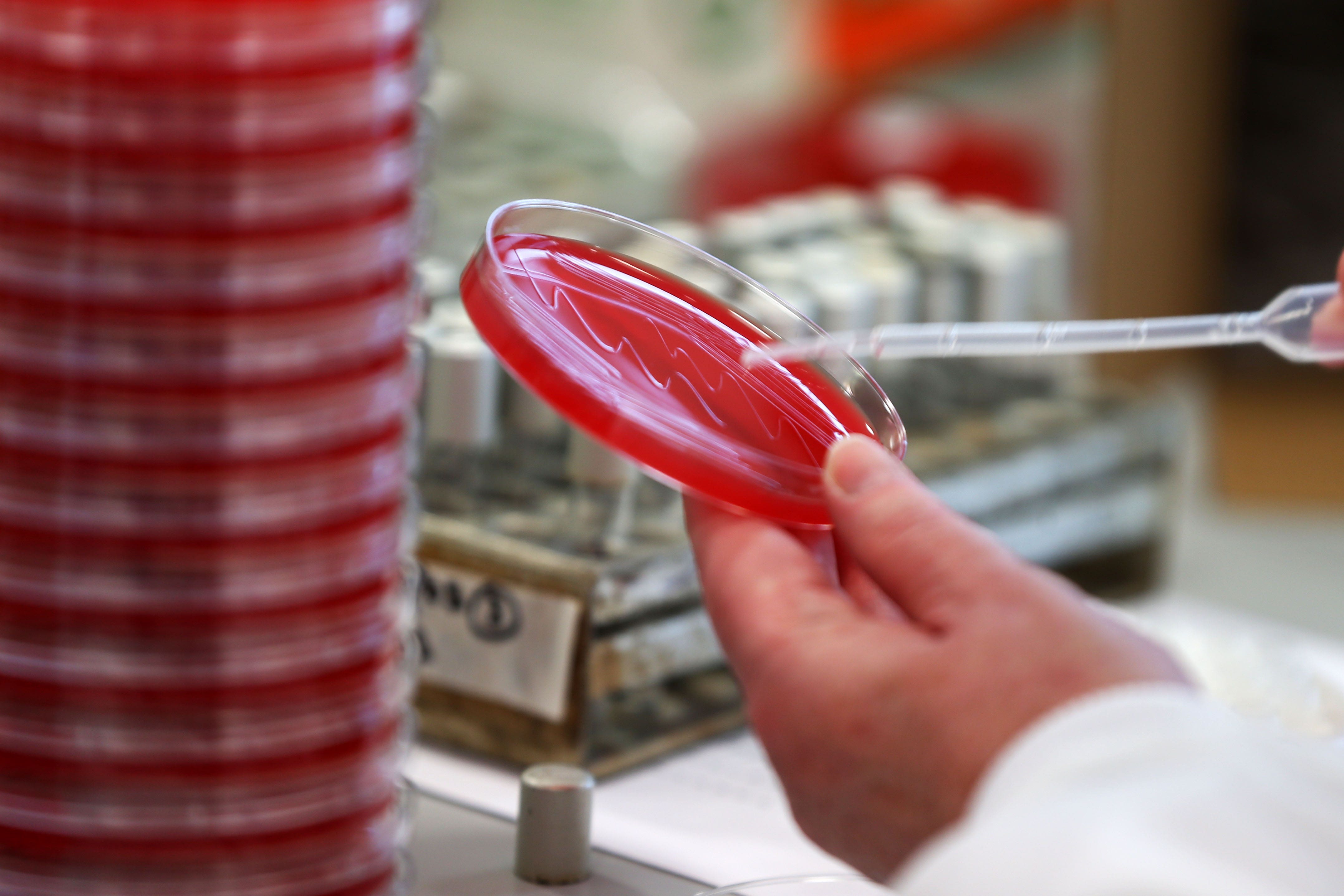Researchers developing lateral flow test to detect brain tumours
The aim is to develop a simple finger prick test that patients can use at home.

Your support helps us to tell the story
From reproductive rights to climate change to Big Tech, The Independent is on the ground when the story is developing. Whether it's investigating the financials of Elon Musk's pro-Trump PAC or producing our latest documentary, 'The A Word', which shines a light on the American women fighting for reproductive rights, we know how important it is to parse out the facts from the messaging.
At such a critical moment in US history, we need reporters on the ground. Your donation allows us to keep sending journalists to speak to both sides of the story.
The Independent is trusted by Americans across the entire political spectrum. And unlike many other quality news outlets, we choose not to lock Americans out of our reporting and analysis with paywalls. We believe quality journalism should be available to everyone, paid for by those who can afford it.
Your support makes all the difference.Scientists are developing the world’s first lateral flow test to detect brain tumours.
The aim is to develop a simple test that patients can use at home, similar to those used during the Covid-19 pandemic.
The work will target aggressive, recurring tumours which currently lead to almost 200,000 deaths a year globally, researchers say.
Although it can sometimes be inevitable that tumours will recur following initial treatment, the unpredictable timing makes them difficult to detect early, leading to poor prognosis.
This tech would provide regular, affordable disease monitoring for patients at home in an easy-to-use way
The researchers say the new test, which would work via a simple finger prick, would improve the lives of tens of thousands of people across the world.
It could also significantly reduce the burden on healthcare systems by reducing the need for MRI scans and providing a cost-effective alternative to some clinic appointments.
A team at Nottingham Trent University (NTU) is leading the work, funded by the Medical Research Council, and working with researchers at the University of Sheffield.
Philippe Wilson, Professor of One Health NTU, said: “Brain tumours are managed with the best available treatments when first diagnosed but, unfortunately, recurrence is a major problem and some come back very quickly and aggressively.
He added: “If you have an MRI six months after treatment, by that point a tumour could have been back for a significant amount of time potentially.
“It’s hard to imagine a medical technology so widely used and understood as the lateral flow test.
“This tech would provide regular, affordable disease monitoring for patients at home in an easy-to-use way.
“We hope the work could be applied to other types of cancer too, potentially helping to save millions of lives worldwide.”
The researchers are focussing on developing lateral flow tests capable of detecting molecules in the blood that are specific to a tumour, and would give a very early indication of it returning.
Prototypes are being are being worked on as part of the project before the study moves on to clinical trials.
The technology will seek to detect cancers such as glioblastoma (GBM), the most malignant form of brain tumour.
Dr Ola Rominiyi, from the University of Sheffield’s School of Medicine and Population Health, said: “Aggressive brain tumours such as glioblastoma virtually always come back after treatment, but detecting this recurrence at the earliest possible stage remains a challenge and an important priority for research highlighted by patients.
“Currently, patients often have follow-up MRI scans every three to six months, but successful development of a lateral flow test to detect brain cancer could make it possible to efficiently test for recurrence every week, so that more recurrent tumours are caught early, at a more treatable stage.”